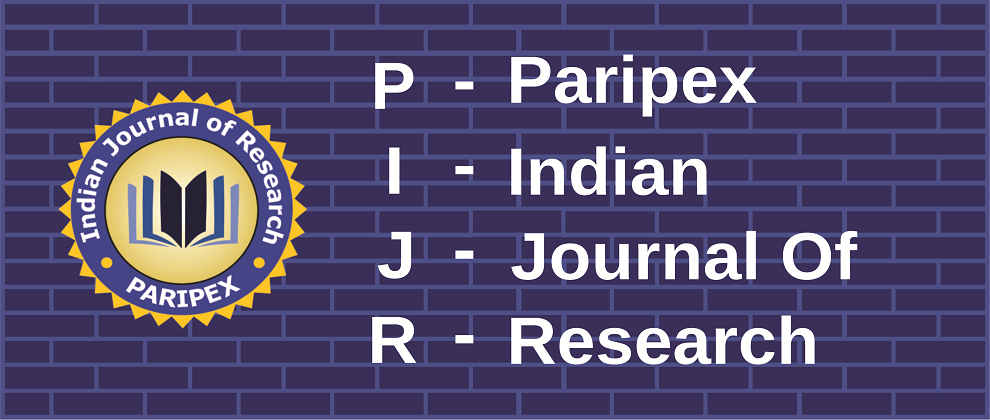Volume : VII, Issue : III, March - 2018
A STUDY ON RELATIONSHIP BETWEEN ABNORMAL CARDIOTOCOGRAPHY AND ITS PERINATAL OUTCOME
Dr N. Thamizhselvi, Dr. J. Sarala, Dr. D. Tamilselvi, R. Mothilal
Abstract :
Background: Cardiotocography (CTG) is most diffused, non invasive pre–natal diagnostic technique to monitor fetal health during labour. It is easy to operate, available in a hospital setting and there is no better independent non invasive monitoring modality established so far for a widespread clinical use. CTG was introduced with the aim of reducing perinatal mortality and morbidity. It is helpful in identifying conditions that causes fetal distress during labour so that timely interventions can be taken to achieve most favourable perinatal outcome. Aims: This study aimed to compare perinatal outcome of normal and abnormal cardiotocograms and to correlate the abnormal cardiotocographic pattern with its pregnancy outcome. Methods: This study was a cross–sectional retrospective study undertaken among 500 women admitted for delivery to Department of Obstetrics and Gynecology in a Tertiary Care Hospital from August 2012 – August 2013 with inclusion and exclusion criteria. Results: The mean maternal age was 22.8 years. 37.6% of the women were aged less than 20 years. The gestational age of the women was 38 weeks in 59.4%. Primigravida constituted 80% as the study was conducted in a Tertiary care centre. 28.2% of the women with abnormal CTG findings had meconium stained liquour during labour when compared to 6% of women with normal CTG findings. CTG patterns showed abnormal findings in 20% of women with loops of the cord around the baby‘s neck as compared to 4.2% in the normal group. In women with normal CTG, vaginal delivery occurred in 67% and LSCS rate was 33% as compared to 48% vaginal delivery and 52% LSCS rate in women with abnormal CTG. NICU admission were 1.2% with normal CTG results as compared to 30.9% with abnormal CTG patterns. Perinatal death was encountered in 5.5% of the newborns born to women with abnormal CTG patterns. Conclusions: Abnormal CTG influence the fetal outcome. However, still adjunctive methods are required to improve the efficacy of fetal monitoring to avoid unnecessary surgical interventions. Normal CTG predicts fetal well being
Keywords :
Cardiotocography Mode of delivery Apgar score Gestational age Meconiuim stained liquor NICU admission perinatal outcome
Article:
Download PDF
DOI : https://www.doi.org/10.36106/paripex
Cite This Article:
Dr N. Thamizhselvi, Dr. J. Sarala, Dr. D.Tamilselvi, R.Mothilal, A STUDY ON RELATIONSHIP BETWEEN ABNORMAL CARDIOTOCOGRAPHY AND ITS PERINATAL OUTCOME, PARIPEX‾INDIAN JOURNAL OF RESEARCH : Volume-7 | Issue-3 | March-2018
Number of Downloads : 187
References :
Dr N. Thamizhselvi, Dr. J. Sarala, Dr. D.Tamilselvi, R.Mothilal, A STUDY ON RELATIONSHIP BETWEEN ABNORMAL CARDIOTOCOGRAPHY AND ITS PERINATAL OUTCOME, PARIPEX‾INDIAN JOURNAL OF RESEARCH : Volume-7 | Issue-3 | March-2018


 MENU
MENU

 MENU
MENU


